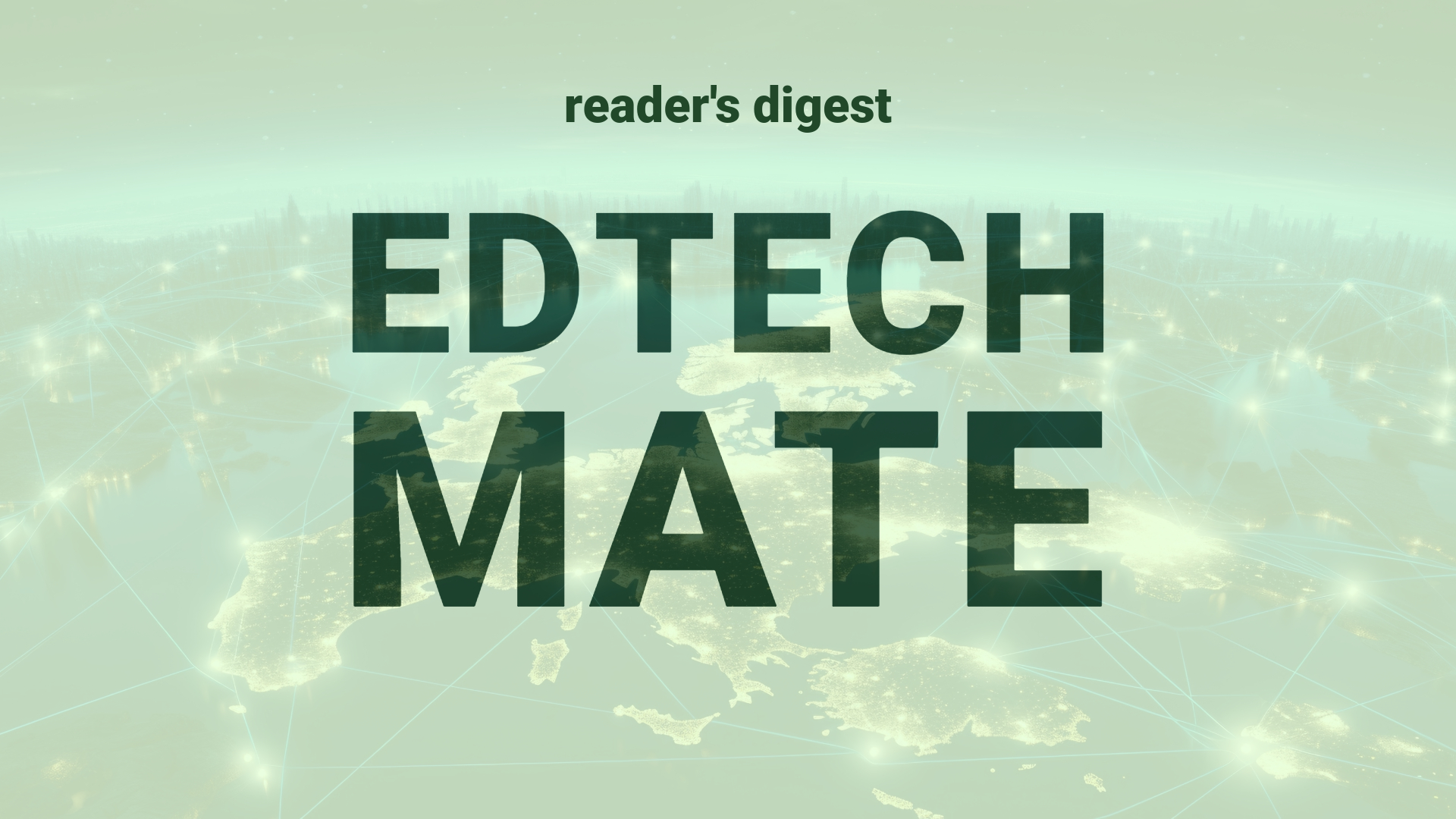Executive Summary and Main Points
The article discusses the emergence of Large Language Models (LLMs) as a transformative force in the search engine industry. With a focus on their potential to disrupt Google’s dominance in search ads, LLMs such as ChatGPT, Perplexity, Google’s Search Generative Experience (SGE), and Bing’s Copilot, are shifting the paradigm from link-based results to direct answers. This development suggests a pivotal change in how consumers interact with digital content, critical for marketers who must now optimize their online presence for these AI-driven platforms through strategies such as ‘LLM Optimization’ (LLMO).
At their core, LLMs rely on retrieval-augmented generation (RAG) techniques and prioritize content that is easily indexable, delivering context-aware answers that span multiple content modalities. Such dynamics indicate a shift from traditional SEO to LLMO, signifying a new era in how brands and products are discovered and considered by consumers. An example provided in the text—a comparison of road bike brand recommendations by different LLMs—exemplifies the importance of strategic content inclusion to ensure brand visibility in LLM responses.
Potential Impact in the Education Sector
The education sector, including Further Education, Higher Education, and providers of Micro-credentials, can anticipate fundamental shifts due to the advancements in LLMs. The potential of LLMs to provide immediate, highly relevant information modifies the research and learning experience, adding new layers to how educational content is accessed and disseminated. As these models can distill complex information into concise and comprehensible outputs, educators and institutions can optimize their digital content for LLMs to augment both visibility and student engagement.
For instance, strategic partnerships between educators and AI developers could facilitate optimized content creation, while digitalization strategies could be refined to enhance virtual learning environments and personalized educational experiences. Moreover, micro-credentials could gain additional relevance through targeted visibility in LLM responses, assisting students in identifying and selecting suitable skill-building opportunities.
Potential Applicability in the Education Sector
LLMs offer several innovative applications for global higher education systems. AI and digital tools can be leveraged for curriculum development, reinforcing learners’ engagement through conversational learning interfaces, and providing real-time informational support. Student inquiry systems could utilize LLM technology to deliver personalized educational advice, academic support, and career guidance, thereby accelerating decision-making processes and improving student satisfaction.
Additionally, institutions can harness LLMs to curate a seamless information retrieval process, tailoring educational content towards increasing the international visibility and attractiveness of their programs. This can significantly assist in the digital transformation efforts—optimizing websites and digital platforms to align with LLM criteria, thereby ensuring prominent placement in AI-generated educational recommendations.
Criticism and Potential Shortfalls
Critics of LLMs point out several potential pitfalls, from the displacement of jobs to the ethical and cultural implications of AI-mediated information. The fear that AI could substitute knowledge worker roles, including SEO specialists, raises concerns about future employment landscapes. Moreover, while historical advancements in technology have often resulted in the creation of new jobs, the specifics of these potential roles remain largely undefined, contributing to societal uncertainty.
Comparative international case studies might reveal discrepancies in how LLMs process and prioritize information, which could lead to biases and the marginalization of certain brands or educational institutions, especially those from less prominent markets or languages. Ethical considerations also feature prominently, surrounding AI’s governance and the potential for manipulating content to ensure favorable LLM responses, which might lead to the spread of misinformation or misrepresentation.
Actionable Recommendations
For education leaders aiming to leverage AI and LLM technology, it is advisable to initiate by conducting comprehensive LLMO audits to understand how their institutions and educational content are currently perceived and suggested by these models. Strategic content and digital platform optimization should then be crafted to align with the fact-finding methodologies of LLMs, ensuring that educational offerings are appropriately represented and easily retrievable.
Collaborations with AI experts can also lead to the development of specialized LLM applications tailored for the education sector, enhancing student acquisition and retention strategies. Continuous education is paramount; staying abreast with the evolving landscape of AI technology in search functionalities will be critical for sustaining competitiveness and capitalizing on the opportunities presented by digital transformations in global higher education.
Source article: https://hbr.org/2024/05/how-marketers-can-adapt-to-llm-powered-search

